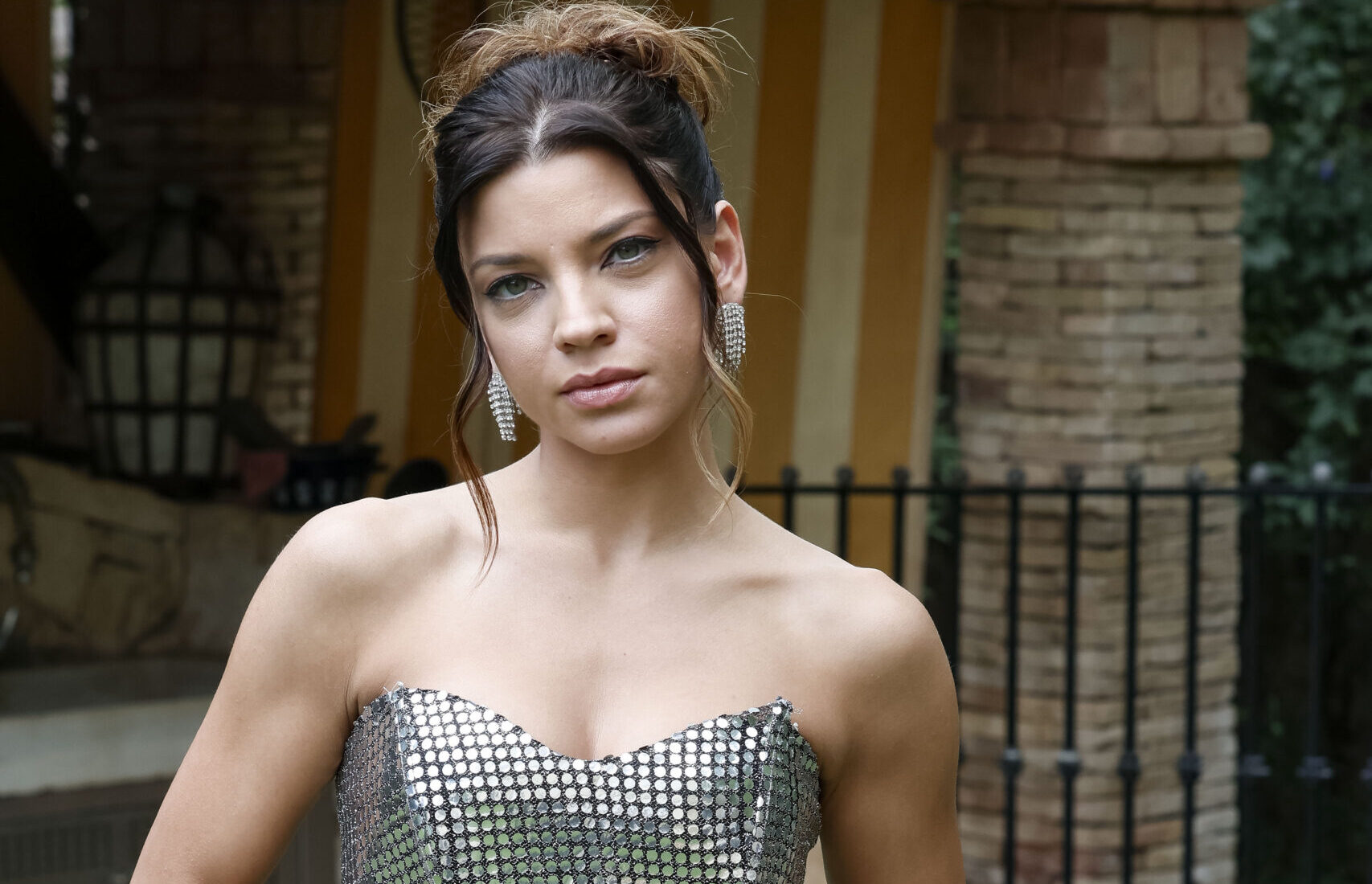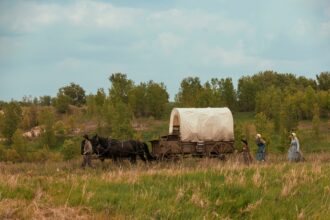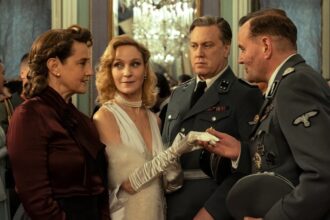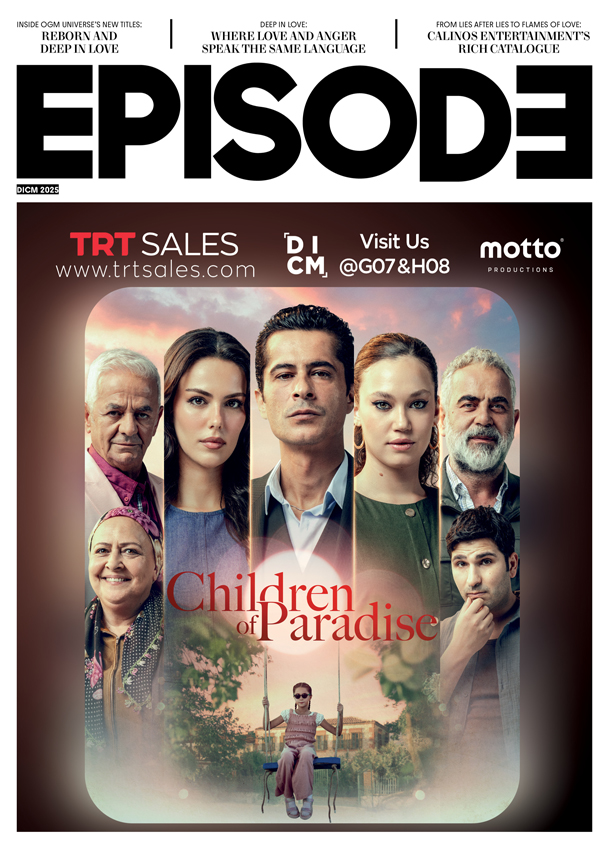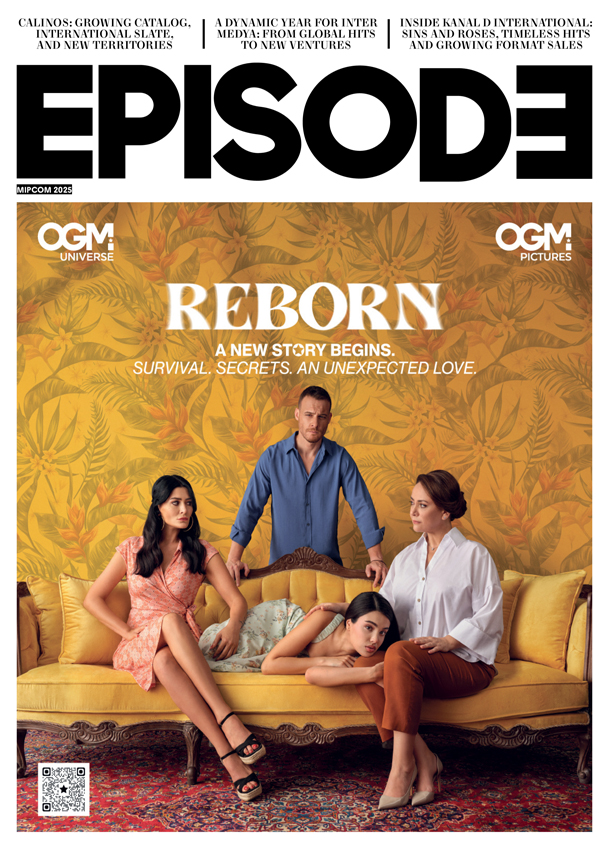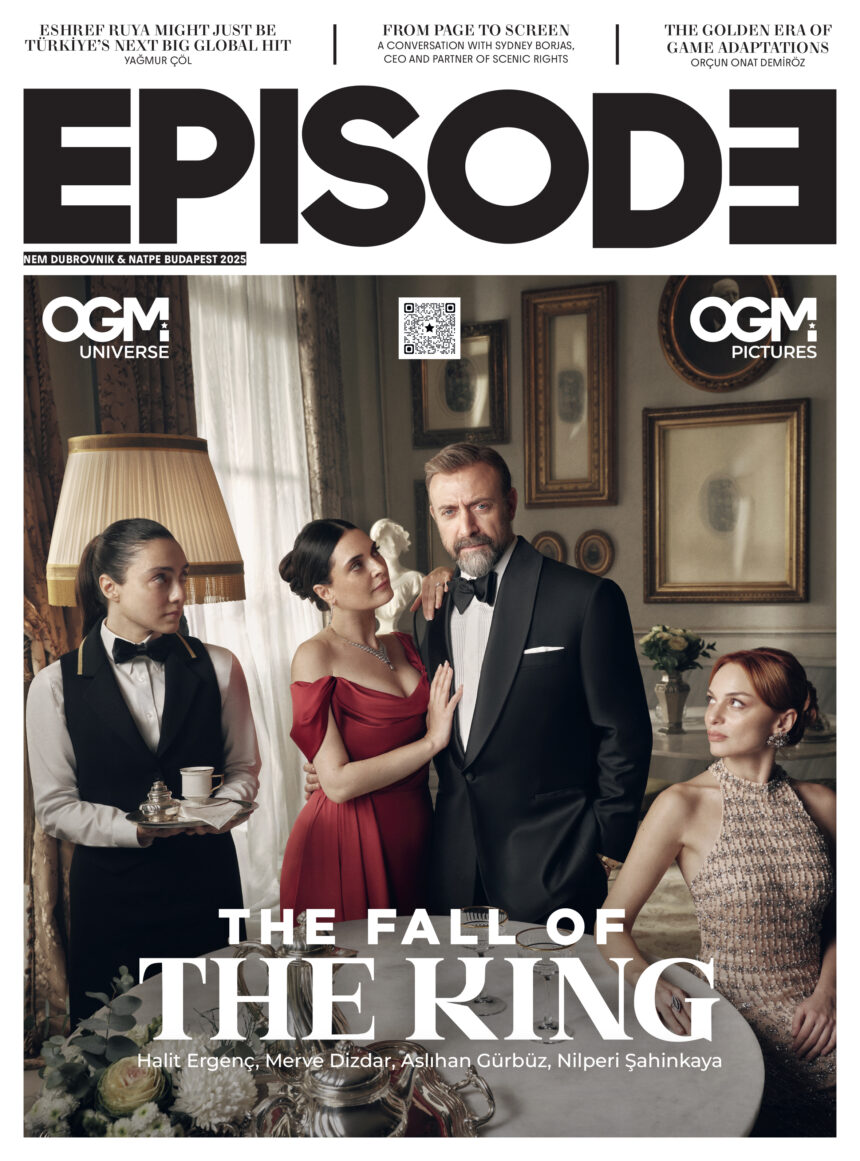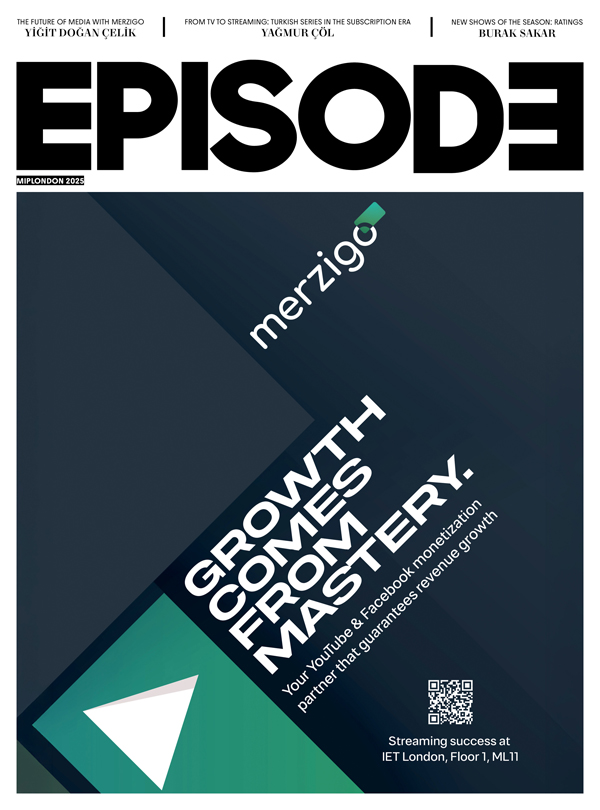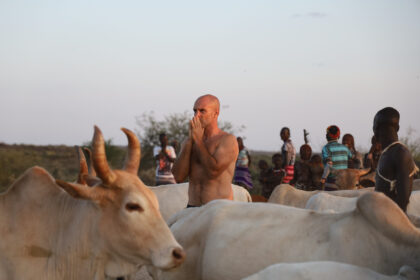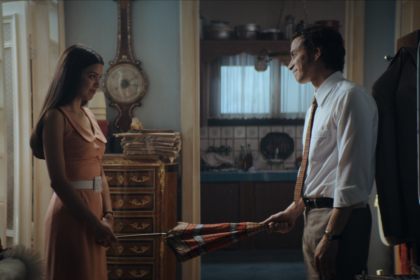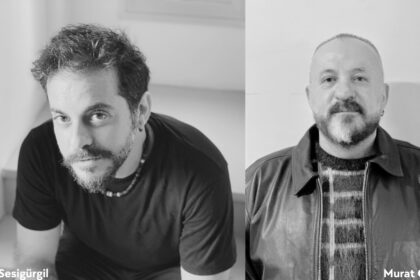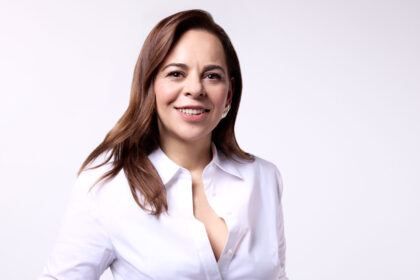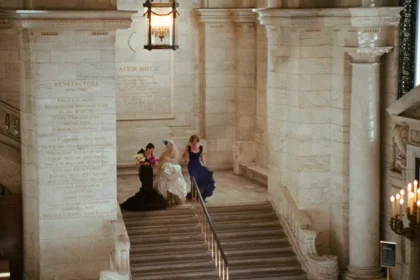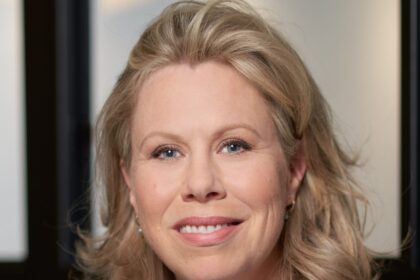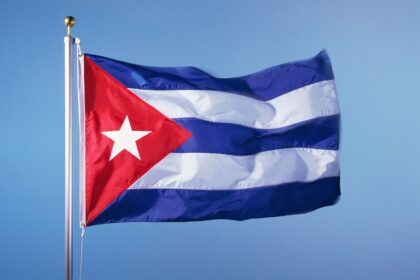One of the greatest moments of the Na M’Agapas (Love Me) interview was when Marilia Mitrousi, who plays Evita (Harika), joined the conversation in fluent Turkish. The actress, who came to İstanbul as an Erasmus student, expressed her admiration for Türkiye in a heartfelt way. We talked with her about the complexity of her character, the heavy burden of being rejected by a mother, and this touching story that blends two cultures.
Read our exclusive interviews with the cast and director of Love Me here.
What was your first reaction when you read the role of Evita?
Marilia Mitrousi: I actually approached the role from the opposite angle. I’ve always wanted to play a character labelled as “bad,” because for an actor, that’s a wonderful challenge. I believe what drives such characters to act is the deep wounds they carry within themselves. In this series, every character is driven by their wounds, and that’s what makes the story feel so real.
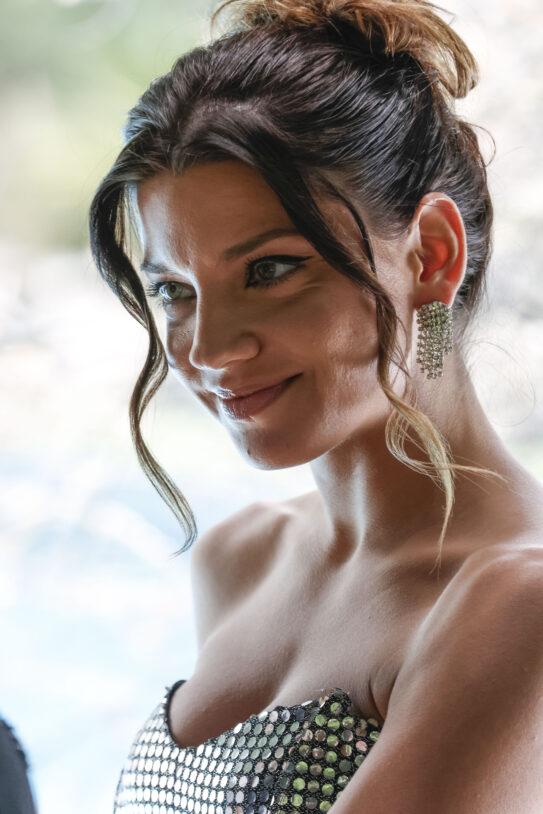
What would you say is your character’s biggest inner conflict?
Marilia Mitrousi: Harika’s inner conflict is that she looks for love in the wrong ways. She felt unloved her whole life, and she is trying to fill that sense of emptiness. Think of it like this: you want the color yellow, but someone keeps giving you blue. At some point, you no longer want to accept the blue. The way love is given and received matters so much. There is love in this family, but it’s shown in the wrong ways, and that ends up hurting everyone.
Have you seen the Turkish version of the series? We’ve heard you have a special connection with Türkiye…
Marilia Mitrousi: (Smiling and answering in Turkish) Yes, I can’t be neutral because I love Türkiye so much! I watched up to five episodes, and I was fascinated. That deep emotional world in Turkish dramas has always impressed me. Because audiences can find a piece of themselves in the characters. İstanbul is my favorite city in the world. When I was in school, I used to come every year with the Erasmus program. I love your language, your music, your culture. My biggest dream is to work there one day.
The story takes place not in Cappadocia, but in Nafplio, a historic Greek city. In your opinion, how does that setting affect the narrative?
Marilia Mitrousi: I think it was a very accurate choice. Stories about complicated families full of secrets feel much more intense in small, close-knit communities. In places where everyone knows each other and nothing stays hidden, the wounds and conflicts of the characters become even deeper. That’s why the story feels more realistic and impactful in a historic city like Nafplio, rather than in a big city.






